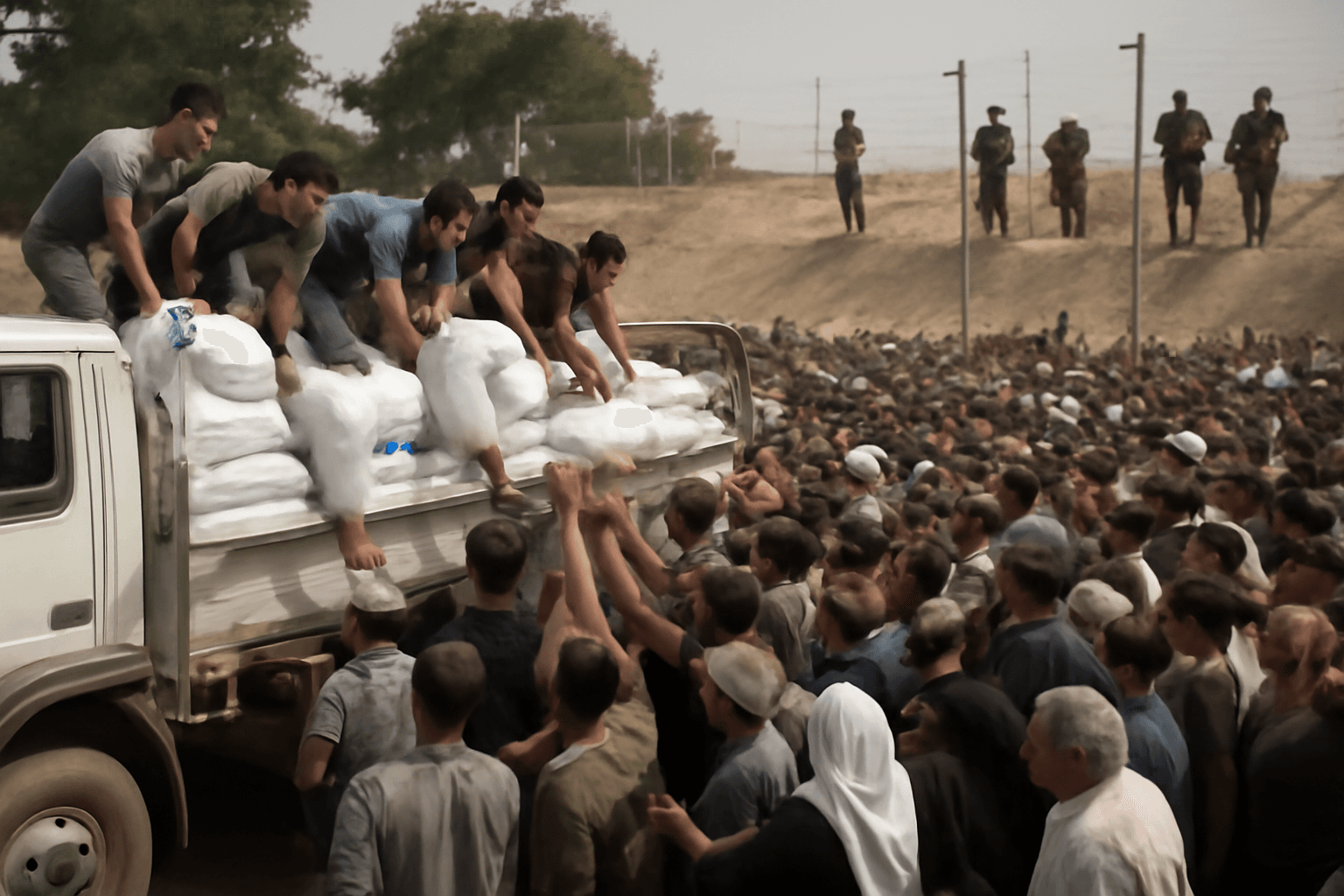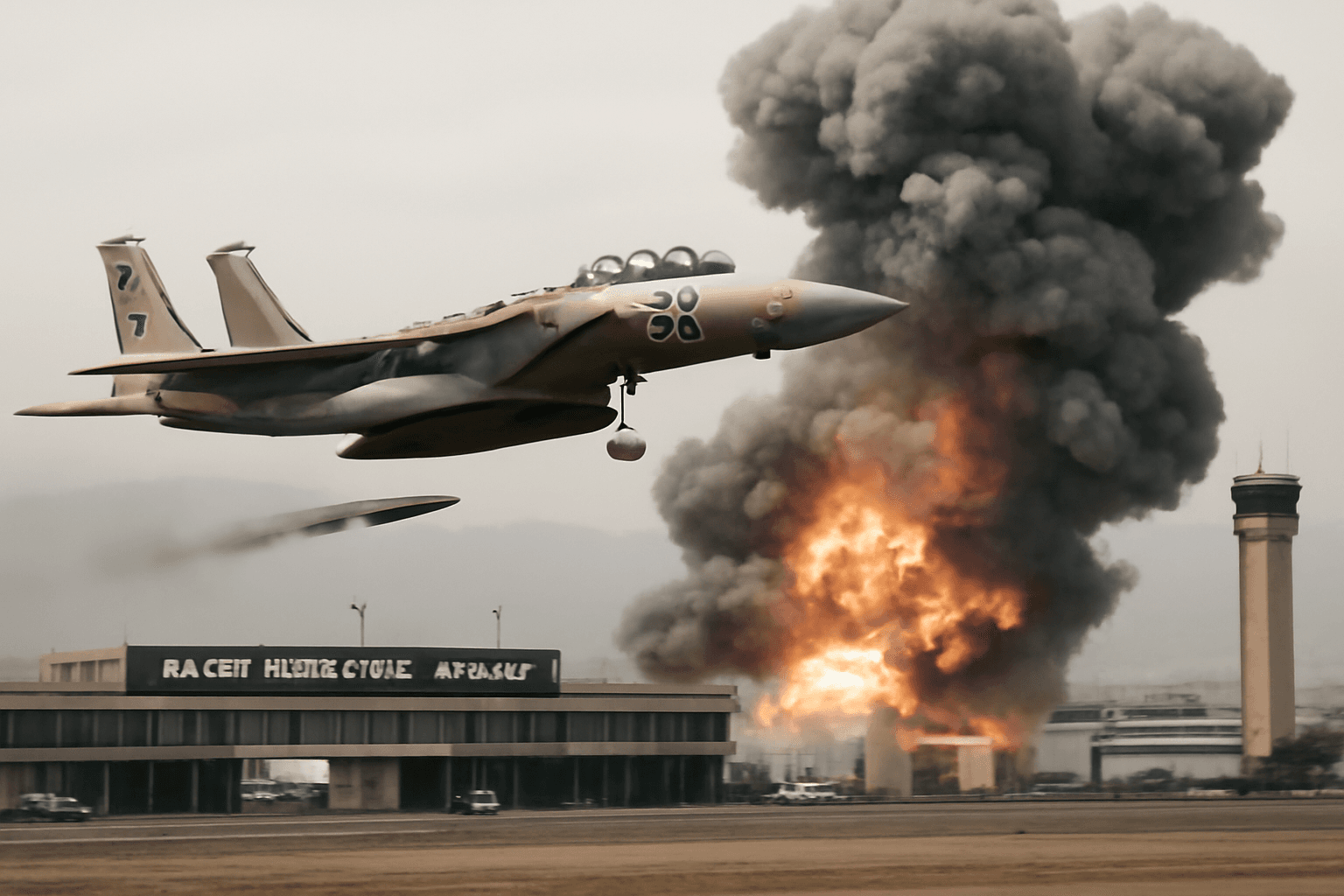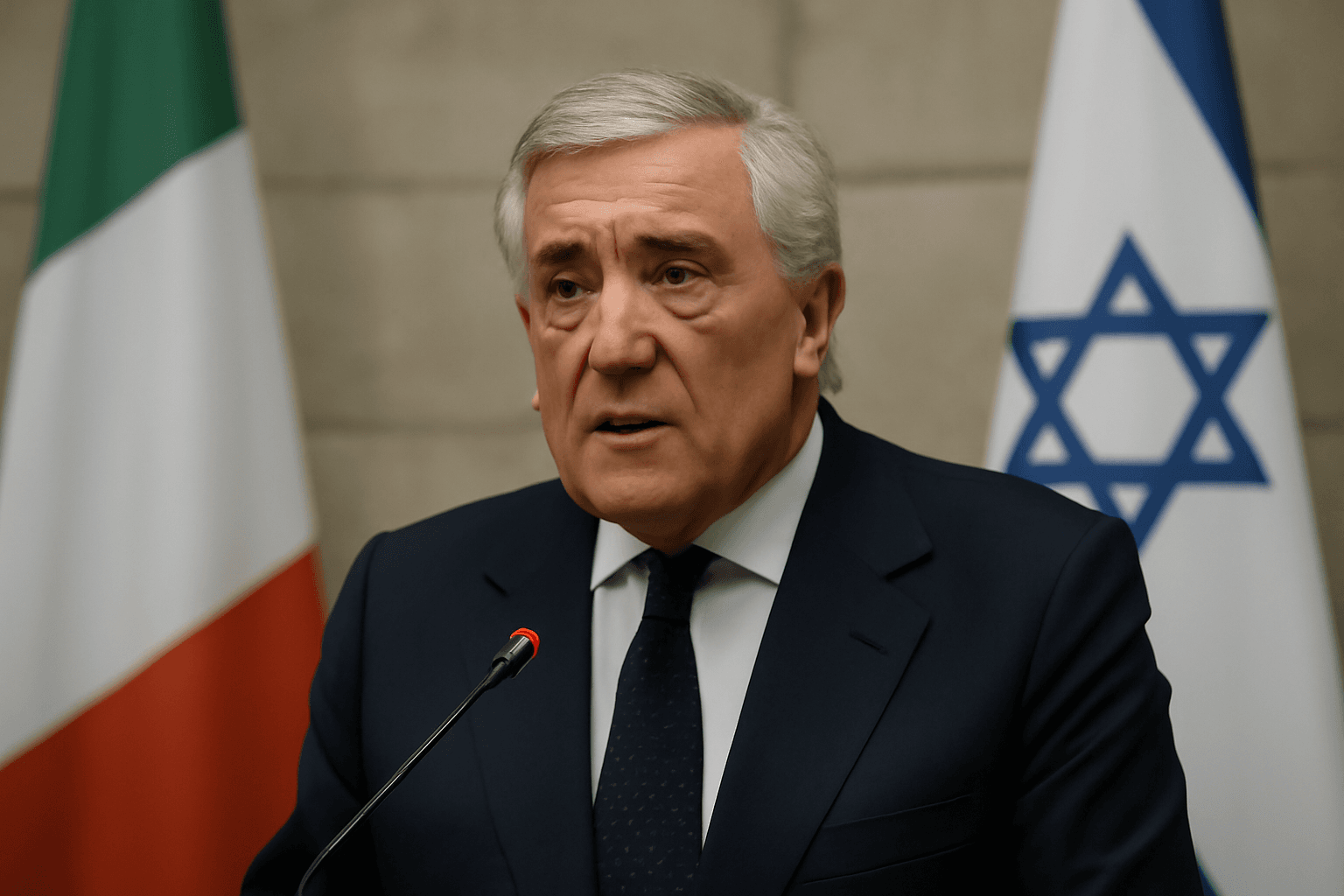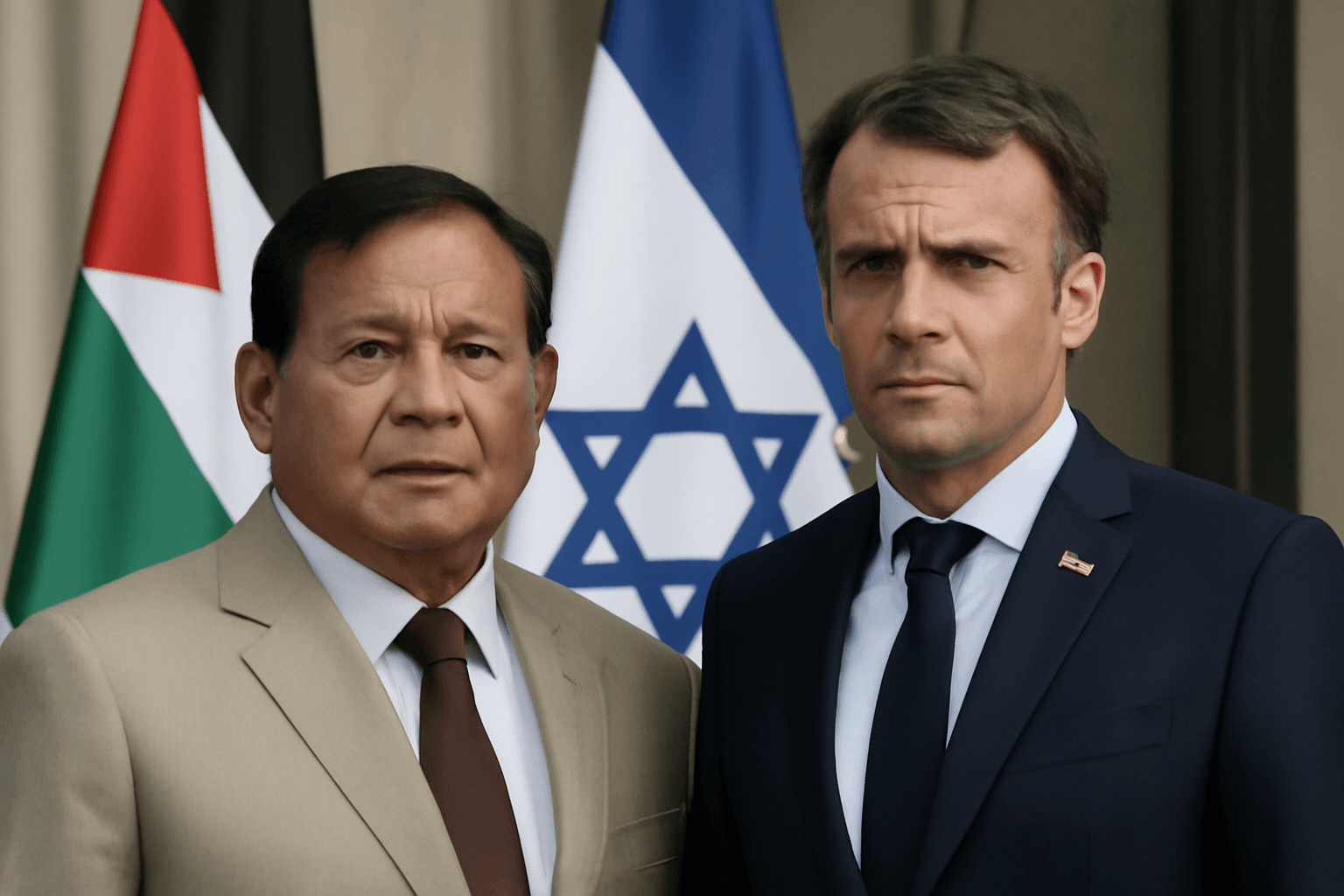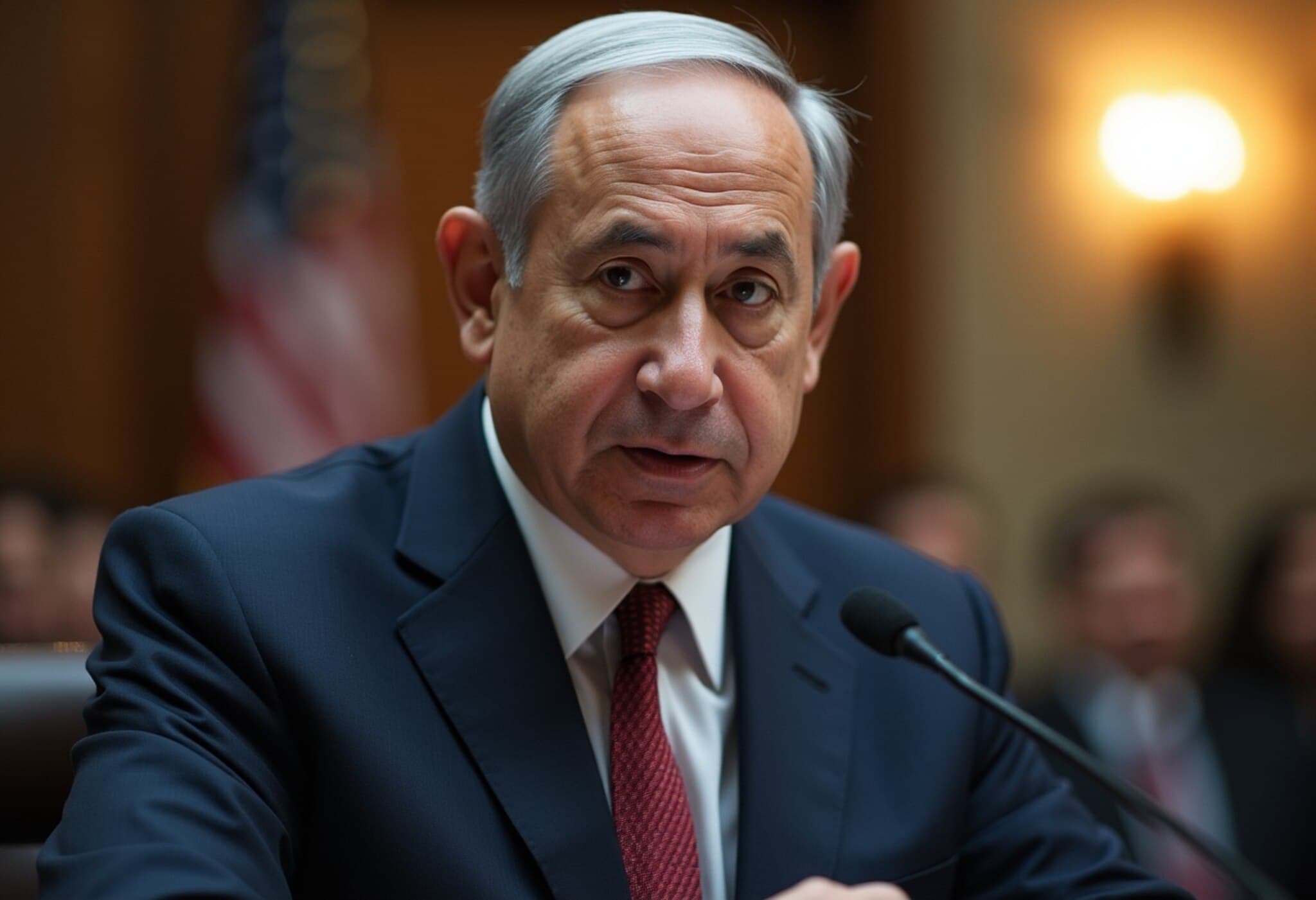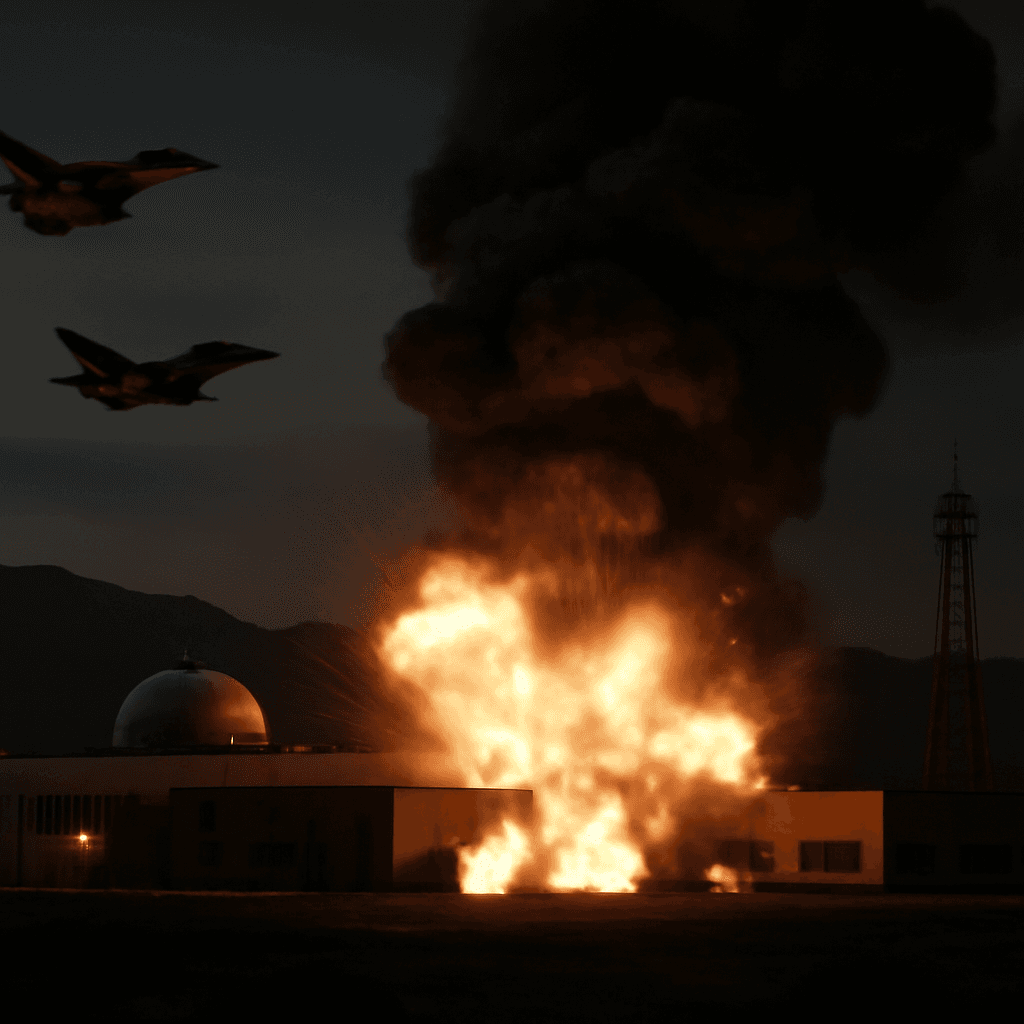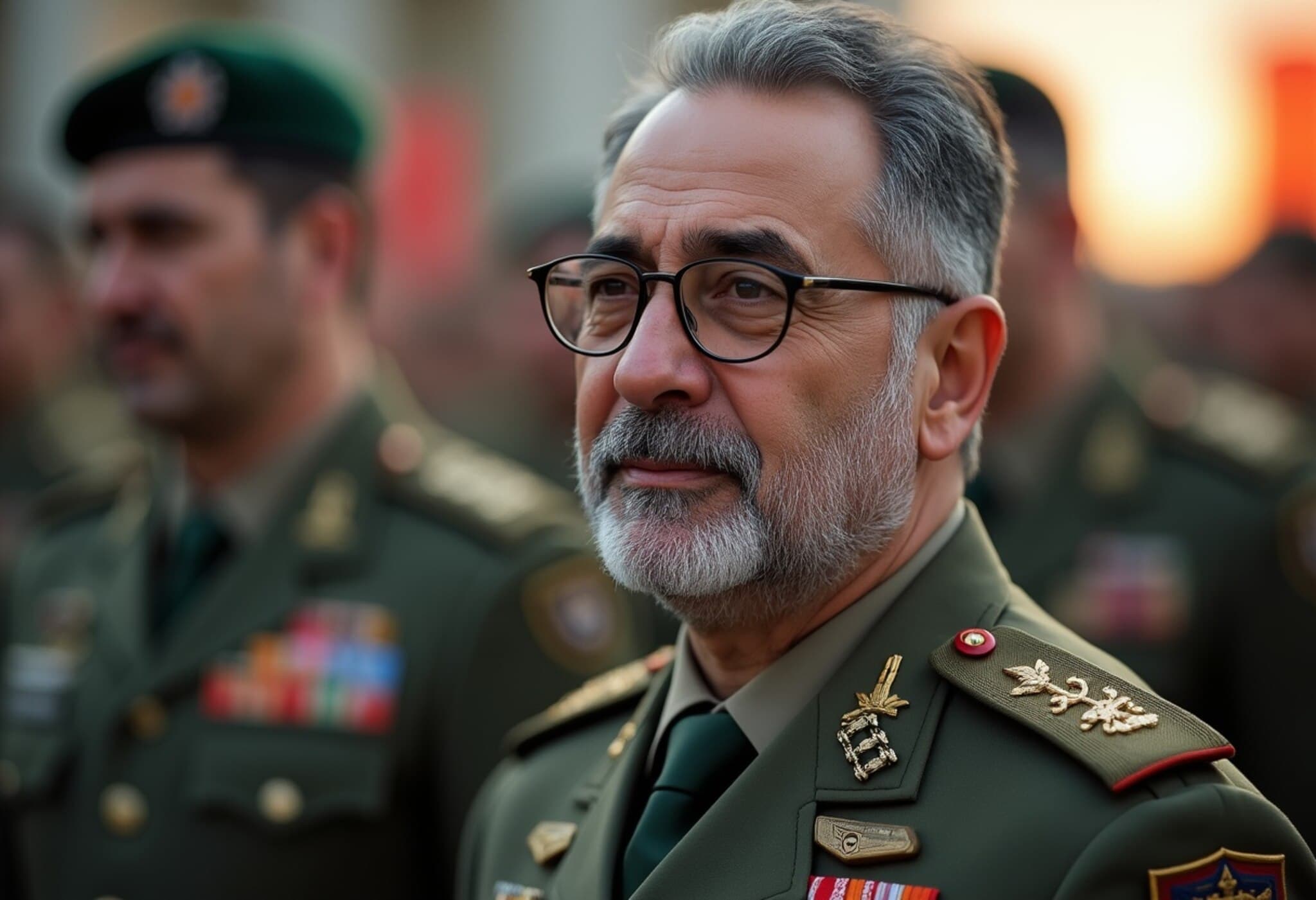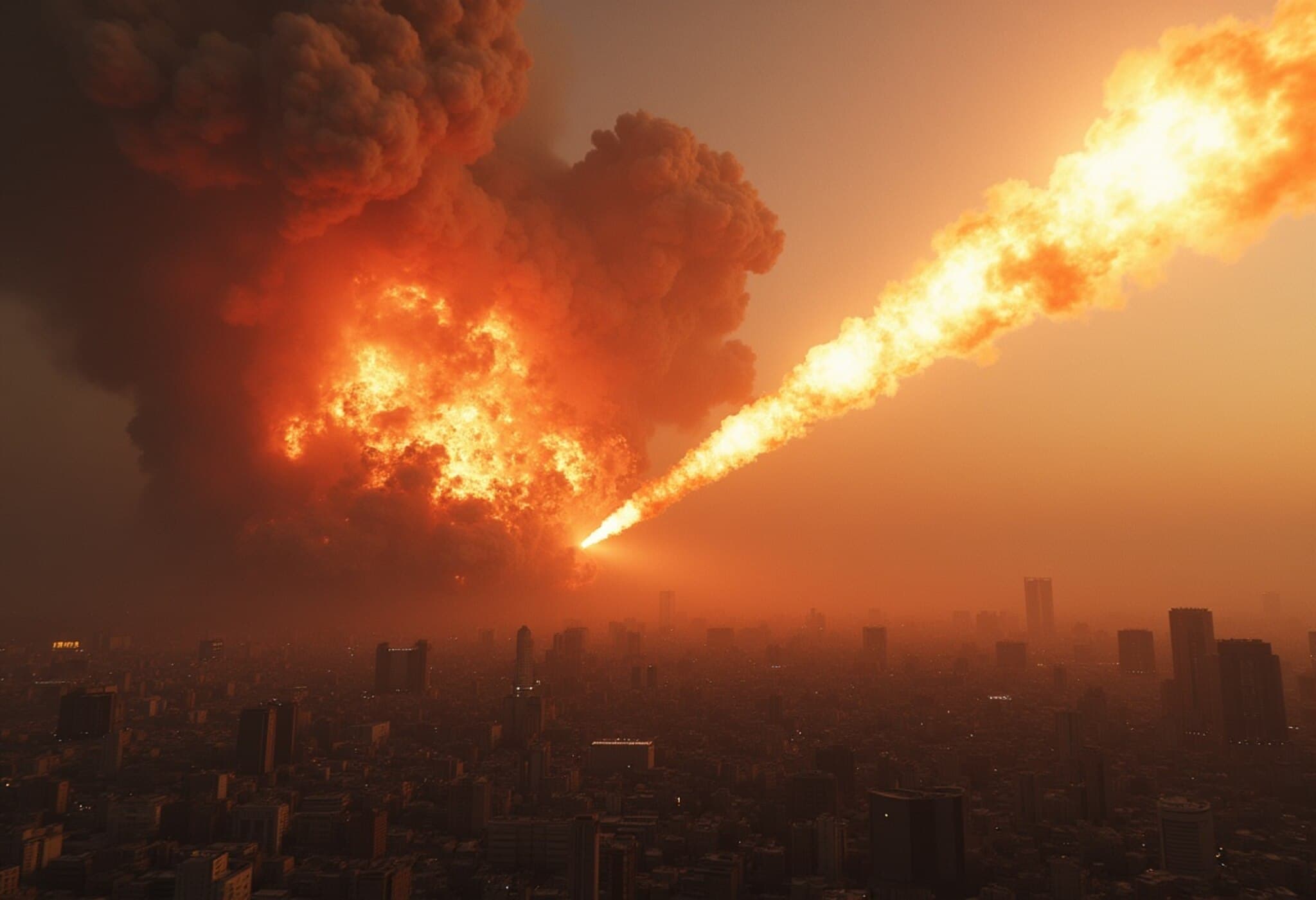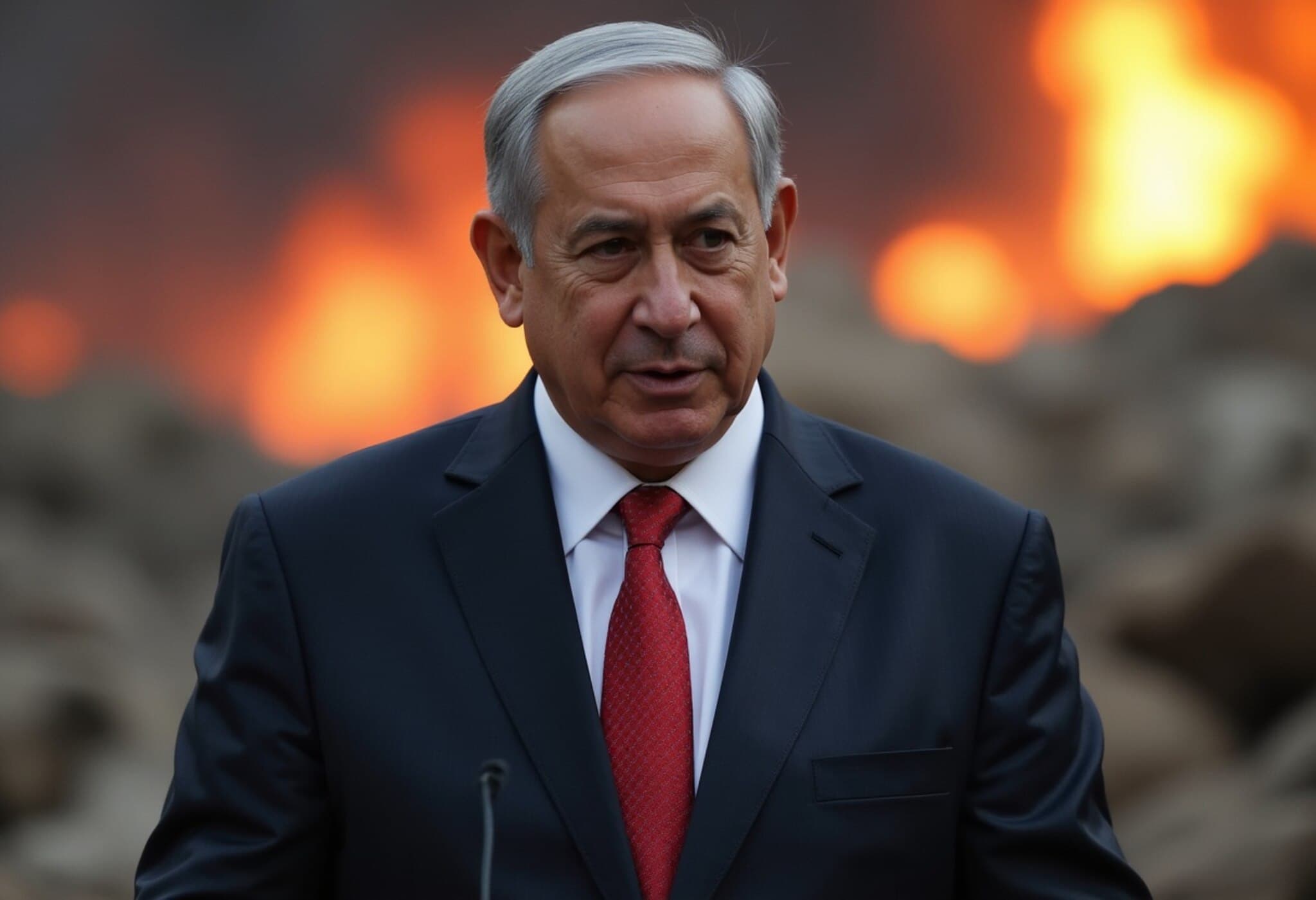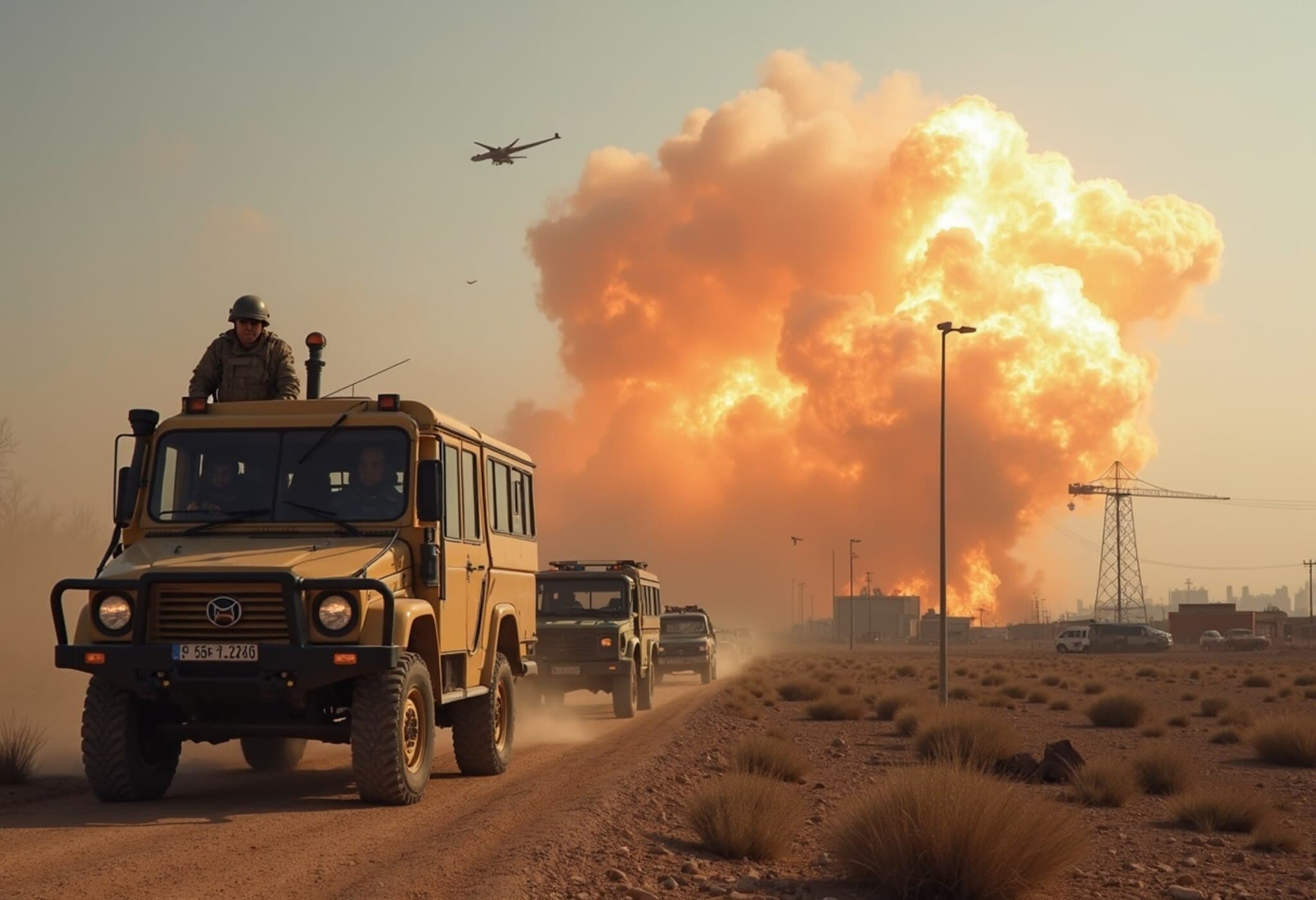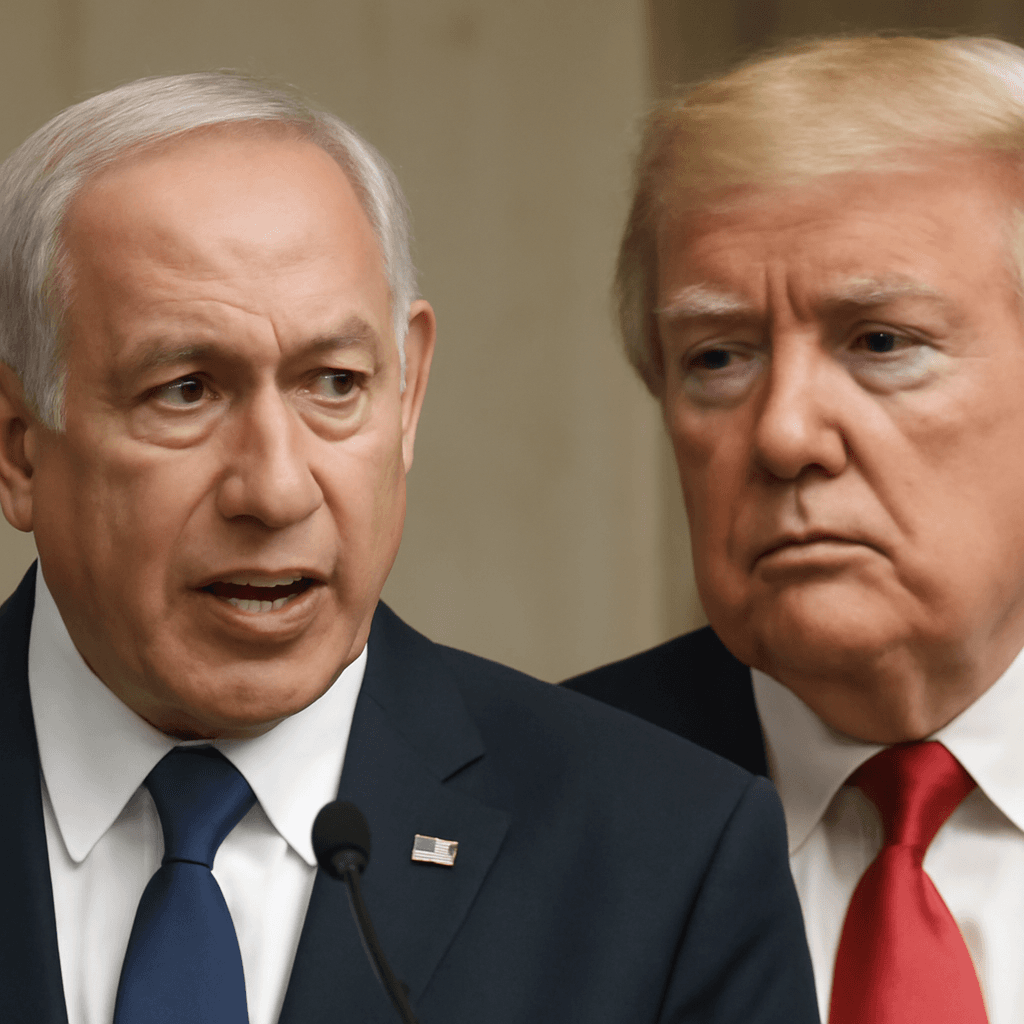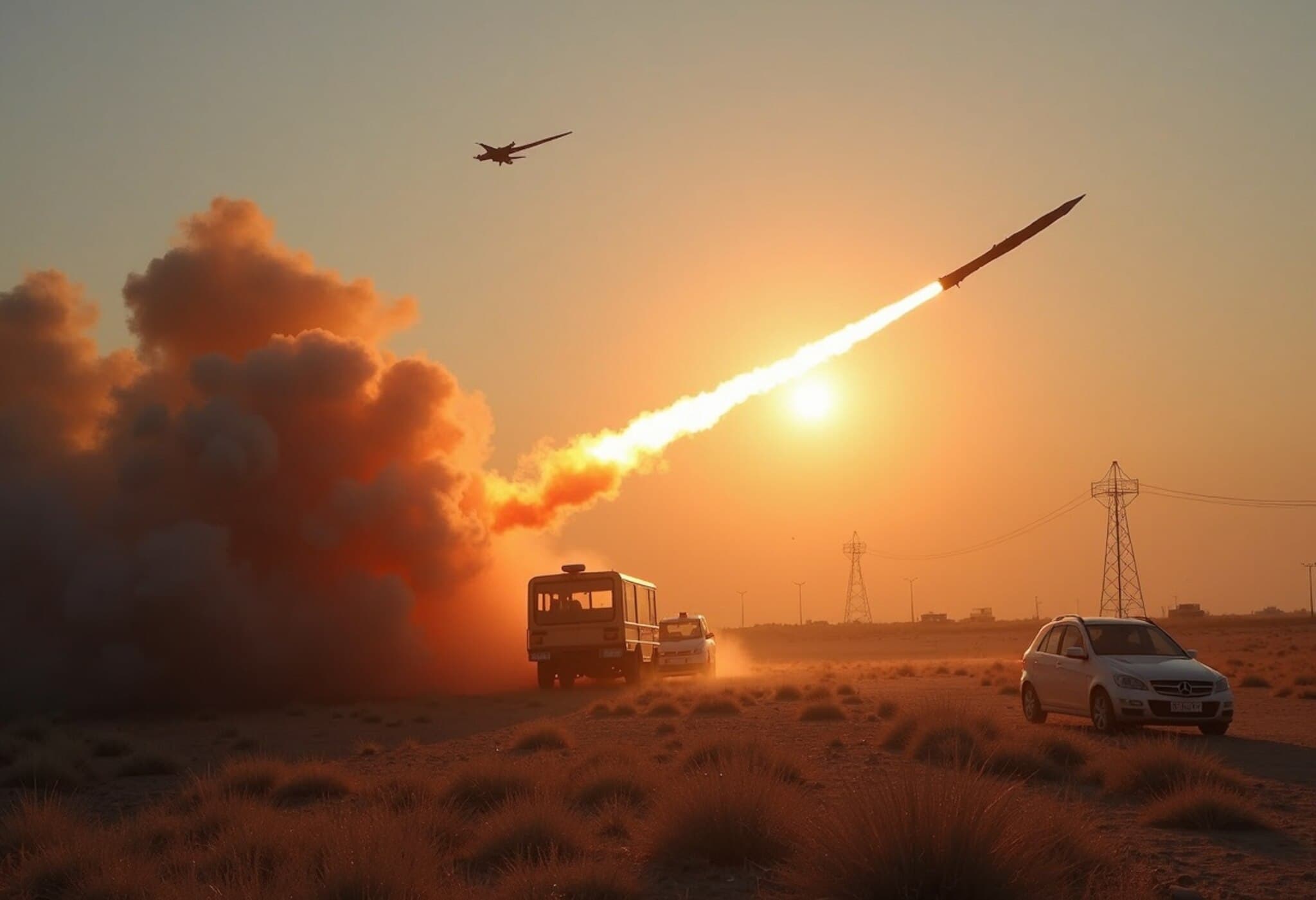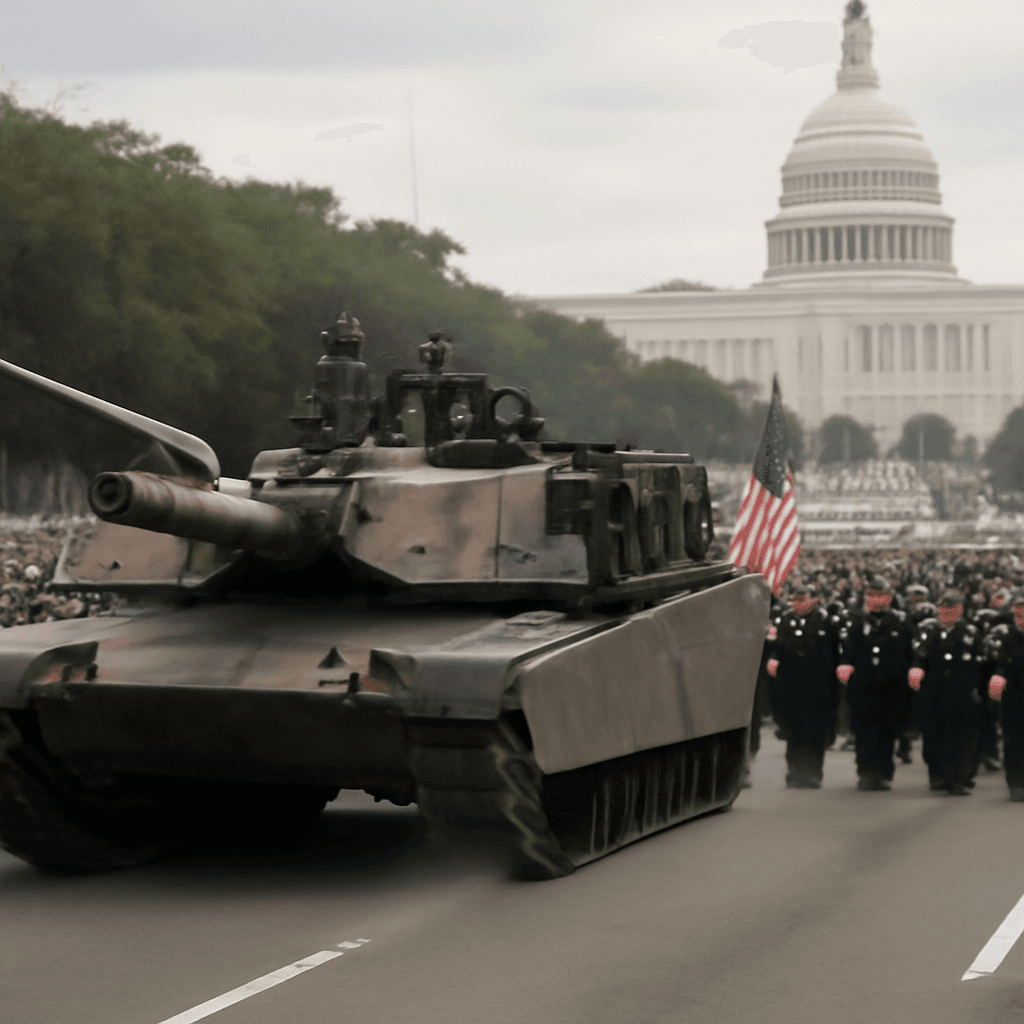Nuclear Talks Between Iran and US Called Off
Diplomatic efforts to address Iran's advancing nuclear program have hit a significant roadblock. Oman’s Foreign Minister Badr al-Busaidi confirmed on Saturday that the scheduled negotiations between Iran and the United States in Muscat have been cancelled. This decision follows a series of recent Israeli military strikes targeting Iranian infrastructure.
Al-Busaidi, acting as a mediator in this delicate situation, stated on social media: “The Iran-US talks scheduled to be held in Muscat this Sunday will not now take place. But diplomacy and dialogue remain the only pathway to lasting peace.”
Israel Escalates Strikes Against Iranian Facilities
The cancellation comes in the wake of Israel’s intensified military actions in the region. Israeli drones launched a strike that resulted in a powerful explosion at a natural-gas processing plant in Iran—a rare and significant attack targeting the country's oil and gas sector. These airstrikes are part of what Israel describes as “pre-emptive” measures aimed at halting Iran’s nuclear ambitions.
The Israeli Defense Forces (IDF) issued a statement emphasizing the urgency of their actions: “Iran is closer than ever to obtaining a nuclear weapon. Weapons of mass destruction in the hands of the Iranian regime are an existential threat to the State of Israel and to the wider world.” They added that Israel has no choice but to defend its citizens wherever necessary and intends to continue such operations.
Impact on Iranian Leadership and Retaliation
The airstrikes reportedly claimed the lives of several senior Iranian military commanders and nuclear scientists, escalating tensions dramatically. Iran responded swiftly with missile and drone attacks targeting Tel Aviv. This series of retaliatory strikes has intensified the conflict, pushing both countries closer to an open confrontation.
Diplomatic Stalemate Amid Rising Tensions
Iran’s Foreign Minister earlier condemned the planned negotiations, labeling them “unjustifiable” given the ongoing Israeli attacks. The planned meeting in Muscat would have marked the sixth round of backchannel talks aimed at resolving the nuclear dispute, underlining how fragile diplomatic efforts have become.
As tensions escalate, the cancellation of talks highlights the growing divide between attempts at dialogue and the realities of military confrontation in the region.
What’s at Stake
- Nuclear Ambitions: Concerns over Iran acquiring nuclear weapons remain at the center of international alarm.
- Regional Security: The escalating violence threatens broader instability across the Middle East.
- Global Diplomatic Efforts: The collapse of talks signals challenges ahead for peaceful resolutions.
With both sides entrenched in their positions, the prospect of renewed diplomacy seems uncertain amid a rapidly deteriorating security environment.



